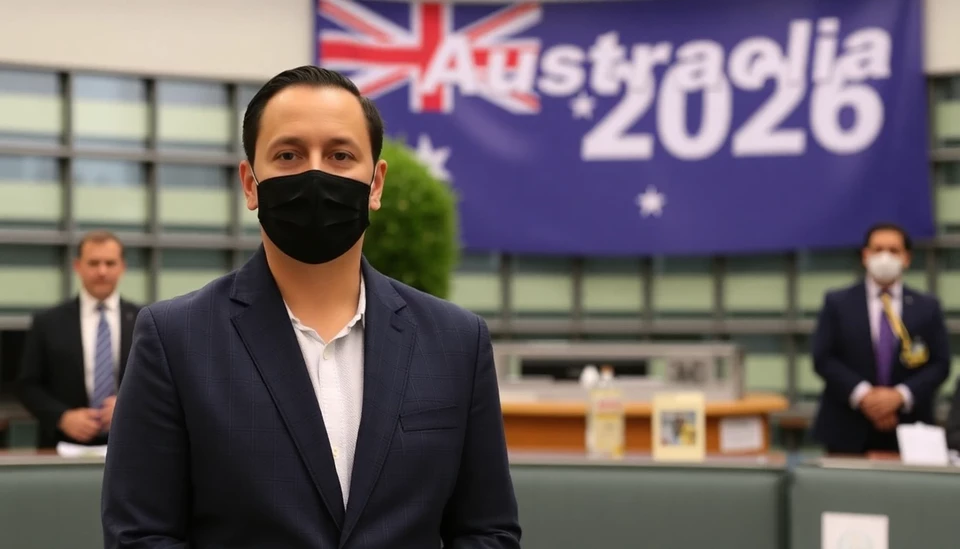
In a significant policy shift, the Australian government is actively encouraging its universities to broaden their research collaborations beyond the traditional reliance on the United States. This initiative is aimed at fostering a more diversified academic landscape that can leverage partnerships with institutions in Asia and other parts of the world.
The motivation behind this move is multifaceted, rooted in the desire to reduce dependency on the US for research funding and collaboration. Australian Education Minister Jason Clare has articulated the need for universities to develop strong ties with countries in the Asia-Pacific region. This approach not only seeks to enhance academic diversity but also aims to foster innovative solutions to global challenges by tapping into a wider range of perspectives and expertise.
Clare emphasized the importance of diversifying research agendas in light of evolving geopolitical dynamics. He pointed to the increasing competition and collaboration among nations, necessitating a shift in how Australian universities approach international partnerships. The minister noted that while collaborations with US institutions have yielded significant advancements, there is immense potential in exploring new avenues, particularly in the realms of science, technology, engineering, and mathematics (STEM).
The government’s initiative is also a response to concerns regarding the sustainability of Australia’s research landscape. By promoting engagements with a broader spectrum of international partners, the aim is to create a more resilient academic environment that can adapt to global shifts and uncertainties. This strategy includes encouraging collaborations with universities in countries such as Japan, South Korea, and India, which have shown a growing interest in collaborative research efforts.
Moreover, Australian universities are being called upon to prioritize initiatives that can enhance their research capabilities and international standing. This includes providing support for researchers to establish connections and joint projects with foreign institutions. The government has signaled its willingness to assist in facilitating these partnerships through funding and policy support.
As part of its broader strategy, the Australian government seeks to not only enhance its global research footprint but also to ensure that local challenges are addressed through a diversified approach to research. By fostering interdisciplinary collaborations and encouraging the cross-pollination of ideas between diverse cultural and scientific backgrounds, Australia aims to position itself as a leader in innovative research solutions.
This push for diversification is expected to reshape the research landscape in Australia over the coming years, with implications for funding, resource allocation, and academic output. Universities will need to adapt to these new expectations, potentially leading to a re-evaluation of existing partnerships and an exploration of new, more diverse collaborations that align with governmental priorities and the changing global context.
The initiative has garnered mixed reactions within the academic community. Some scholars welcome the prospect of a more varied research landscape, viewing it as an opportunity for broader intellectual engagement. However, others express concerns about the potential challenges in establishing new collaborations, particularly in terms of funding and aligning research objectives with foreign partners.
As Australia embarks on this journey to diversify its research collaborations, the long-term impacts on the academic and scientific community remain to be seen. The success of this initiative will ultimately depend on the ability of universities to navigate these changes and foster meaningful partnerships that extend well beyond the borders of the United States.
Overall, this strategic pivot represents a bold step towards redefining the framework of research in Australia, aligning with broader global trends towards international collaboration and interdisciplinary inquiry.
#Australia #ResearchDiversity #GlobalCollaboration #HigherEducation #STEM #Innovation #AcademicPartnerships #InternationalRelations
Author: John Harris




